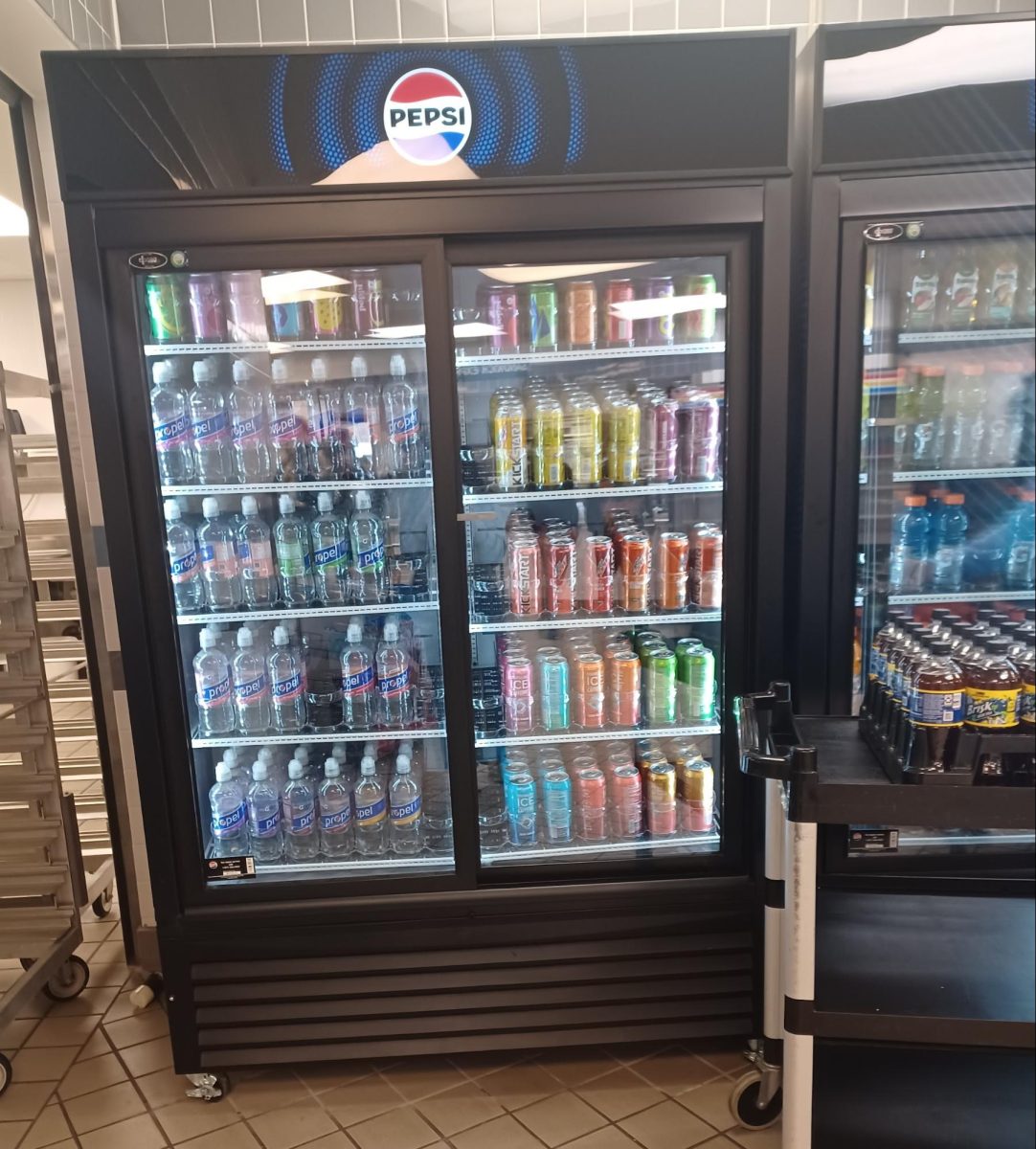As summer is approaching, it is time for us to do many activities we could not during the colder months. Shorts, short-sleeved shirts, sundresses and bathing suits are being pulled out from the backs of closets, and all of our warm clothes can now be hidden away. The nice weather pulls us out of our homes to enjoy it, even if it is just to sit outside.
The sun is no longer feeling warm and pleasant, but increasingly hot and fiery. The sun radiates ultraviolet light. Exposure to this can affect the normal growth of skin cells in the areas revealed to the sun. This can cause damage to your skin and at times lead to skin cancer.
According to an article by the Cleveland Clinic, there are three main types of skin cancer: basal cell carcinoma, squamous cell carcinoma and melanoma. The first two form on melanocytes. Melanocytes create melanin, which gives pigment to your skin and naturally protects it from the sun’s rays. These are the most severe types, as they can spread to other parts of your body.
While some form of skin cancer is fairly common in adults, not everyone has the same risk level. Some risk factors include having light colored eyes, hair or skin tone; a lot of moles; spending a great deal of time in the sun; tanning; a tendency to sunburn easily; and a family history of either skin cancer or sunburns, according to the Cleveland Clinic. If you have any of these factors, it is important for you to wear sun protection, especially in the summer, to protect yourself from skin cancer.
While wearing sunscreen is sometimes thought of as just a summer thing, it is important to wear it throughout the year too. Although the sun is weaker in non-summer months and seasons, it can still damage your skin. A voluntary poll of 159 Kaneland students found that only 16.4% wear sunscreen in any other season than summer, and only 9.4% wear it in the winter. Freshman Kinslee Koster is one of those few.
“I have this kind of skincare [sunscreen] I put on every morning,” Koster said. “And in the summer, I spray sunscreen on [my body] so I don’t get burnt.”
While there are some other methods of skin protection, such as wearing long sleeves or using a variety of salves and oils, the most common is some form of sunscreen or sunblock. Although they are commonly thought of as synonyms, sunscreen and sunblock are actually different products.
An article on Health.com states that they work differently because sunscreen absorbs the UV rays before they can harm your skin, while sunblock reflects the rays away from your skin. The application of the products is different as well. Sunscreen needs to be rubbed in and fully absorbed by your skin to function properly. It should be applied a minimum of 20 minutes before you go out into the sun.
You should not do this with sunblock, however. Sunblock leaves a white residue on the skin and should not be rubbed in fully. You do not have to delay before going into the sun after slathering it on because it will be effective right away.
“I prefer ones that don’t leave an oil or white cast on your face because some of them make you look shiny or white,” senior Blythe Niemeyer said.
87.4% of Kaneland students use sunscreen while only 28.3% use sunblock, according to the same voluntary poll. Fashion plays a significant part in what people, especially teens, wear and do. Right now, having tan and youthful skin are important parts of skincare trends. The two things contradict each other, though, as sunscreen is important to prevent skin damage, but it is more difficult to tan while wearing it.
“I think it kind of depends, because if you want to get a tan [you might not wear it],” Niemeyer said. “Obviously people think if you [wear sunscreen you] can’t tan, which is not true by the way. But I think that if you want to get a tan, people probably won’t wear sunscreen. But it obviously depends on the person.”
In addition to the different types of sun protection that are available, sunscreen also comes in different forms. There is sunscreen lotion, a spray-on kind and a stick that looks a little bit like deodorant. The variety of different options gives people the ability to use a kind that they prefer.
“Sunscreen is really important,” Koster said. “I recommend it. Because as you get older, obviously your skin is aging and I feel like if you are taking more care of your skin, you will not have as many age spots or wrinkles. And it prevents skin cancer, so it is definitely about your health too.”











